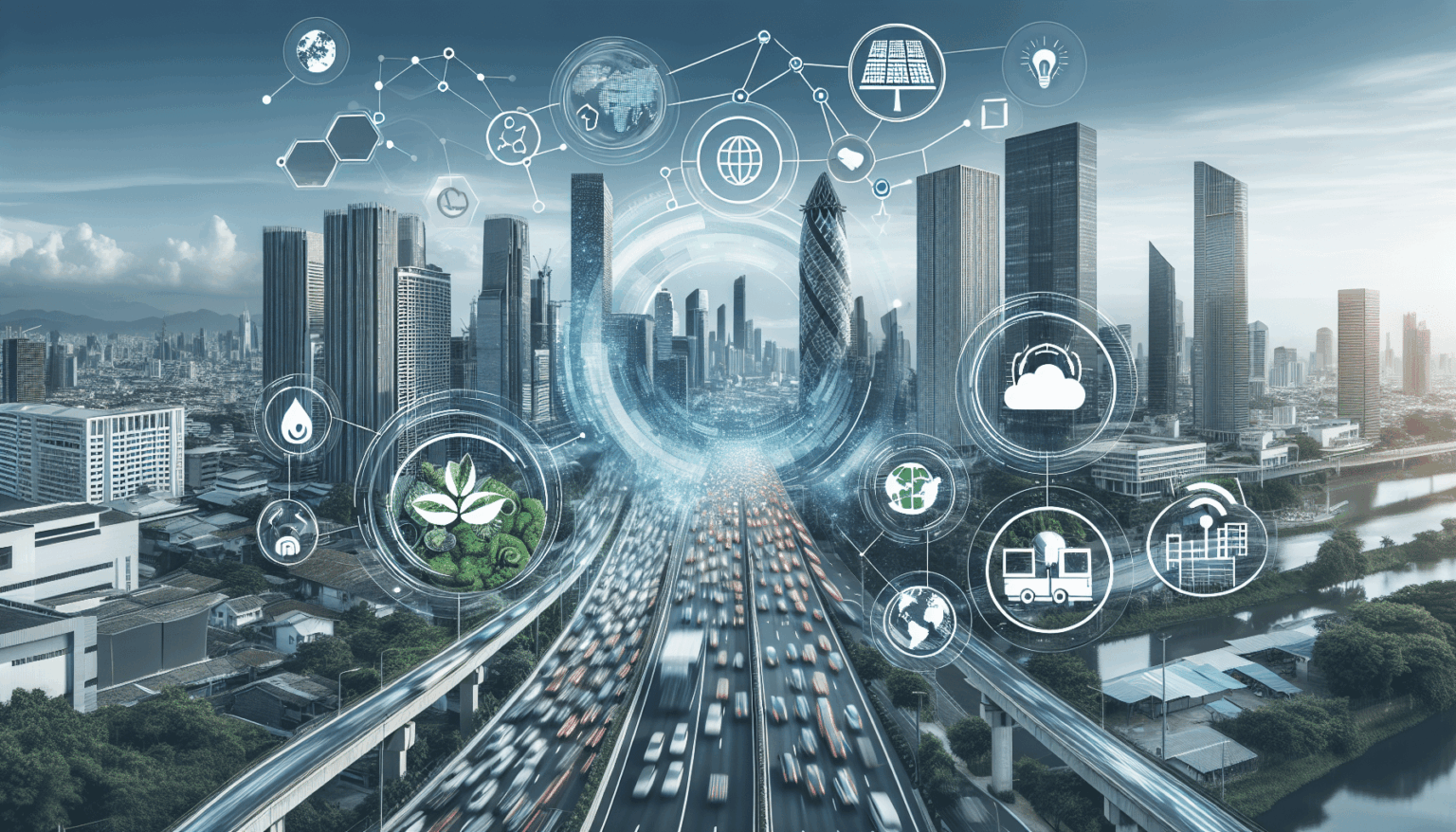In the context of the Sustainable Development Goals, the aim of promoting sustainable cities and communities is presented as a global priority. This goal focuses on transforming urban environments to be inclusive and accessible, ensuring that all citizens have access to basic services while encouraging the creation of green spaces, the implementation of efficient transportation systems, and proper waste management.
A key indicator for measuring progress in this area is the municipal waste recycling rate, as used by Eurostat. This parameter encompasses not only effective recycling but also the preparation of materials for reuse. Since 2008, the recycling rate in the European Union has shown significant progress, increasing from 36.6% to 46.4% in 2018 and to 48.2% in 2023. Despite this progress, it is important to highlight that the current figure remains below the historical high of 49.9% recorded in 2021.
Looking ahead, the European Union aims to achieve a 60% recycling rate for municipal waste by 2030, a goal that represents a crucial challenge in the pursuit of more sustainable communities. The gradual adoption of recycling and reuse practices is considered essential not only to reduce environmental impact but also to promote a circular economy that benefits all citizens.
The current figures highlight the need to continue innovating in waste management and to foster a culture of sustainability in cities. Every individual action can have a significant impact on collective change, thereby bringing closer the goal of building more sustainable and inclusive urban environments that also respect the environment. With consistent efforts and the commitment of citizens, the promise of sustainable cities can become a tangible reality.
Source: MiMub in Spanish
